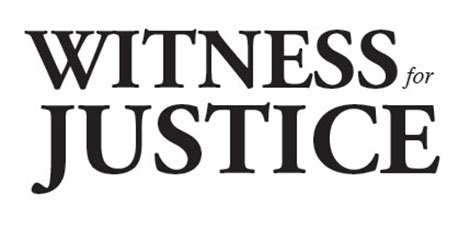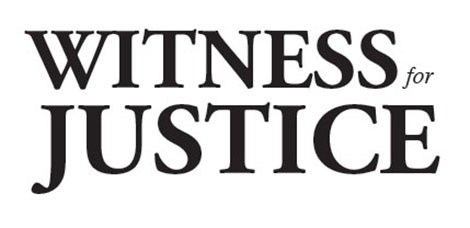Commentary: HIV Criminalization Is a Barrier to Ending the HIV Epidemic
 Laws that criminalize HIV are a barrier to ending the HIV epidemic in the United States. That may be surprising to some, because in the thirty plus states and two territories that have such laws, they were intended to be a deterrent to HIV transmission. The results show otherwise. These laws have had zero impact on transmission, and instead their impact has been to increase stigma and discourage people from getting tested to know their HIV status. This happens because people living with HIV are prosecuted and imprisoned for things that are perfectly legal or only minor crimes for those who have not tested positive for HIV, e.g., engaging in consensual sex or spitting at someone.
Laws that criminalize HIV are a barrier to ending the HIV epidemic in the United States. That may be surprising to some, because in the thirty plus states and two territories that have such laws, they were intended to be a deterrent to HIV transmission. The results show otherwise. These laws have had zero impact on transmission, and instead their impact has been to increase stigma and discourage people from getting tested to know their HIV status. This happens because people living with HIV are prosecuted and imprisoned for things that are perfectly legal or only minor crimes for those who have not tested positive for HIV, e.g., engaging in consensual sex or spitting at someone.
Prosecutions under HIV laws generally don’t require intent to harm and HIV does not have to be transmitted. These charges are most often felonies, which may require sex offender registration. Even when someone discloses that they are HIV positive, it is difficult to provide legally accepted evidence, especially when the disclosure is verbal and in some cases even when it is written. But more than anything, most HIV laws are woefully out of date and have not kept pace with the current state of the HIV epidemic and medical advances.
The HIV epidemic is not what is was in the 1980s. The disease can only be transmitted through four body fluids (blood, semen, vaginal and rectal secretions, and breast milk) getting into the body in very specific ways. It is impossible to transmit the virus through a hug, a handshake, a toilet seat, sharing a cup or eating food cooked by a person with HIV. Current medical treatments relegate having HIV to a chronic medical condition. When a person living with HIV knows they are HIV positive and they are receiving effective treatment that lowers their viral load to undetectable levels they do not transmit HIV, i.e., Undetectable = Untransmittable.
There is no evidence that laws criminalizing HIV promote public health, HIV testing, or safer practices. But people living with HIV who are prosecuted under these laws face dire consequences that affect them, their families and their communities. People who have a felony conviction may lose access to government benefits, including housing, food assistance and financial aid for higher education. They may have trouble regaining custody of children and it can be a barrier to gaining employment. These challenges have a disproportionate effect on women and people of color.
People living with HIV may be afraid to disclose their status for any number of reasons: fear of intimate partner abuse or fear of discrimination and stigma. As a person of the Christian faith, I’m reminded that Jesus saved his harshest words for those who engaged double standards and hypocrisy that harmed others. It is time for the law to stop singling out people living with HIV and remove the fear of prosecution by repealing or, at the very least, modernizing state laws that criminalize HIV. Doing so will remove a barrier preventing us from reaching our goal of ending the HIV epidemic in our lifetime.
Michael Schuenemeyer is Executive for Health and Wholeness Advocacy of the United Church of Christ.
View this and other columns on the UCC’s Witness for Justice page.
Donate to support Witness for Justice.
Click here to download the bulletin insert.
Related News
Overworked, Overwhelmed, and Underpaid
It is overwhelming to be a human right now, and especially, a policy advocate with moral...
Read More“I am thirsty”
Last March, when a child who was stuck under the rubble of a collapsed building in Gaza saw...
Read MoreSpringing Forward
Spring is in bloom in my neighborhood. Trees are budding. Flowers are starting to blossom. The...
Read More

